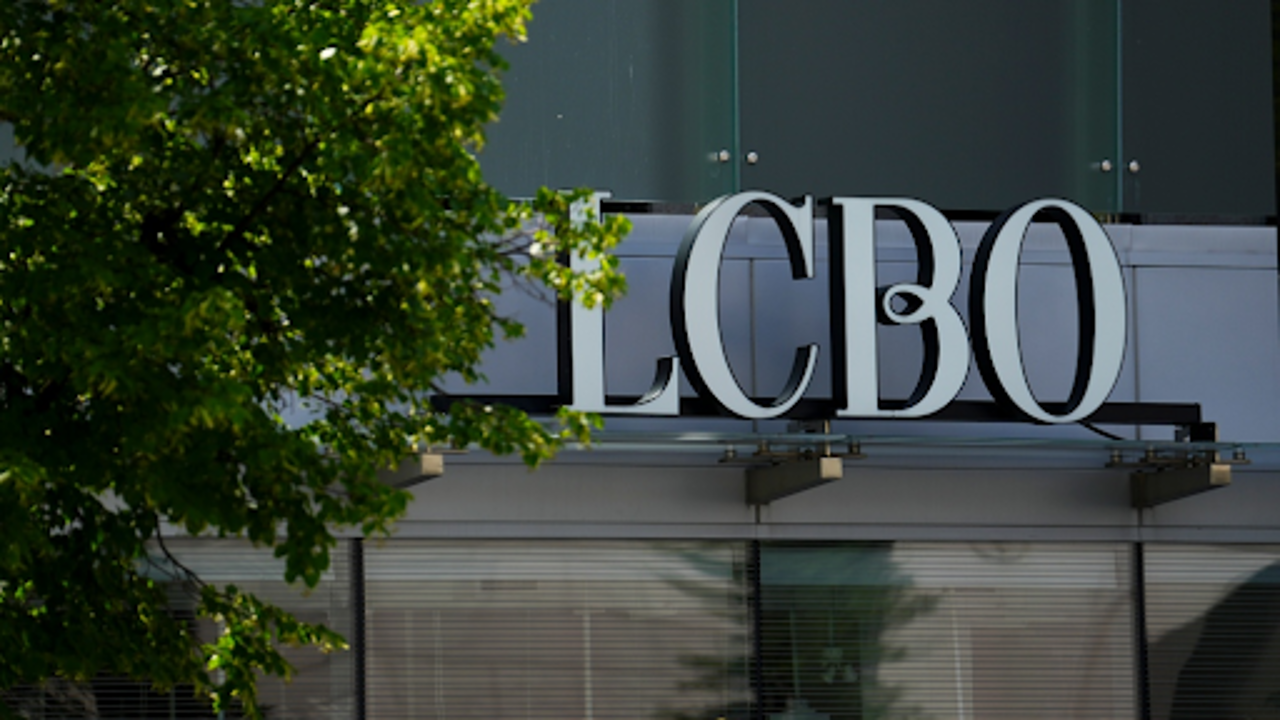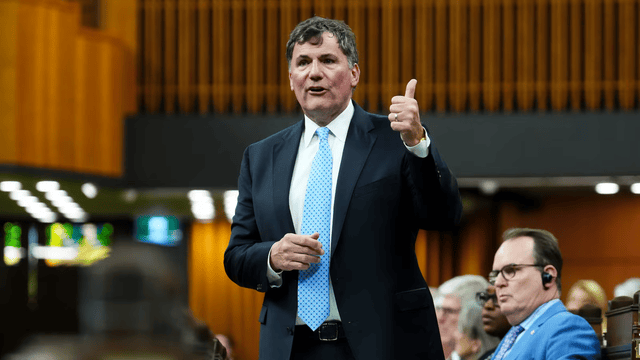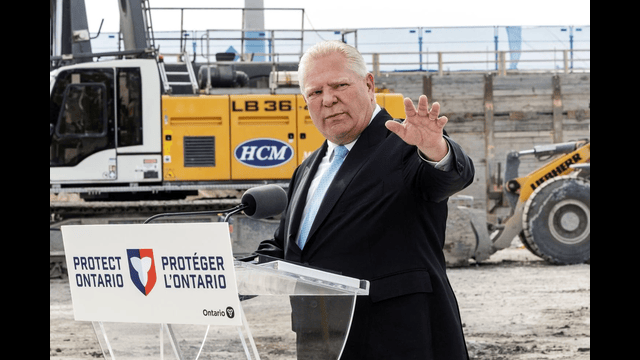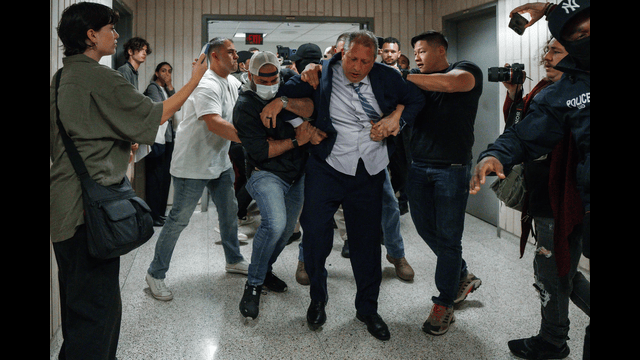
An LCBO sign is seen outside a closed store in downtown Ottawa on Friday, July 5, 2024. (The Canadian P
Hundreds of liquor stores in Ontario reopened on Tuesday after a strike that lasted over two weeks, but the dispute between the workers' union and the government continues. Around 10,000 Liquor Control Board of Ontario (LCBO) employees returned on Monday to prepare for the reopening of nearly 700 stores after walking off the job on July 5.
The who represent LCBO workers, claimed the labor dispute stemmed from Premier Doug Ford's plan to allow convenience and grocery stores to sell ready-to-drink cocktails. The union saw this as a serious threat to their jobs.
The tensions continued on Tuesday as the union criticized Ford's comments from Monday, in which he said the strike should never have occurred. The union argued that they made "significant gains" directly because of the strike.
"LCBO workers are proud of what they achieved in this contract, which wouldn’t have been possible without the strike," said Colleen MacLeod, chair of the union’s LCBO bargaining unit. "They’re also happy to get back to work serving their communities again."
The new three-year agreement, ratified by LCBO workers over the weekend, includes an eight percent wage increase over three years, the conversion of about 1,000 casual employees to permanent part-time positions, and a promise of no store closures during the contract period. The union noted that the conversion of casual positions and the guarantee against closures were not initially offered before the strike.
With the reopening, the LCBO announced that online order limits would be lifted, though deliveries could take up to three weeks.
Outside an LCBO in Toronto's west end, customer Jay Brafman expressed frustration with both sides of the strike. "I think (the union) basically held Ontarians hostage and that's not the right way to get more out of your job," he said. A supporter of the government's plan to expand alcohol sales into convenience stores, Brafman also criticized Ford, saying, "If he really wanted to show some courage, he would have liquidated the LCBO."
Brafman, who prefers vodka, was inconvenienced during the strike as the LCBO is the main seller of spirits in the province. "It cost me a ton of money having to go out to bars if I wanted to drink," he added, though he expressed relief that the stores are open again.
Ford's plan, announced in May, aimed to allow convenience stores to sell beer, wine, and ready-to-drink cocktails by 2026, fulfilling a 2018 campaign promise. However, he accelerated the timeline to this year, sparking speculation about an early election, which Ford did not deny. Convenience stores will start selling beer, wine, and coolers on September 5, while newly licensed grocery stores will begin on October 31.
An “early implementation agreement” with The Beer Store involves the province paying the company up to $225 million to keep stores open and employees working. Additionally, the province is offering brewers a rebate on an LCBO fee that usually generates $45 million annually and is providing retailers with a 10 percent wholesale discount.















